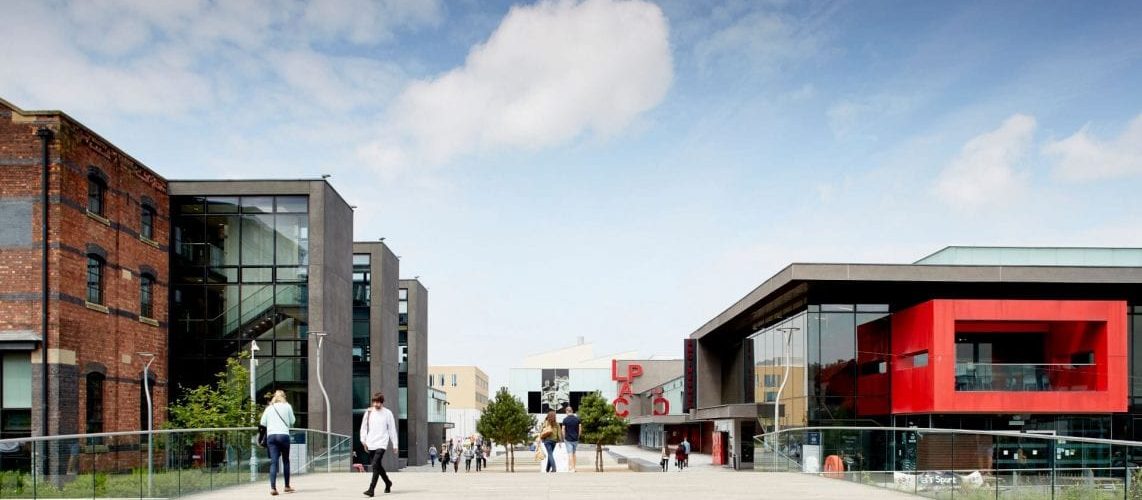In 2022, I was awarded a RLUK-AHRC Professional Practice Fellowship investigate the development of digital literacy skills amongst PhD students in history. My project will run from August 2022 to April 2023.
About The Grant
The professional practice fellowship originated in a scoping study carried out by Research Libraries UK in 2021 regarding the current state and future potential of libraries’ engagement with academic and scholarly research. The fellowship offers early career librarians a grant of up to £25,000 to carry out a research project that will enable them to build their research capabilities and confidence, advocate for libraries as partners and leaders in research, and promote transformative change within their own institutions and disciplines and farther afield. You can read more about the fellowship programme here.
About The lifelOng Researcher
My project, ‘The Lifelong Researcher: Supporting Doctoral Students’ Development of Digital Literacies‘, will investigate how PhD students in history learn to find and use digital resources in academic libraries, and how training programmes in digital skills could be improved to support lifelong learning and skills development through the completion of their degree and beyond. Digital skills are a fundamental part of historical research in the twenty-first century: historians produce, consume, and interact with all manner of information online. Staff who work with doctoral students in history often assume that they begin their projects able to identify and seek out the information they need to achieve their research aims and professional goals. However, in my professional practice as a humanities librarian I have found that students start at a range of different skill levels, and they often find it difficult to apply self-assessment frameworks for digital skills to their specific needs.
My first step will be to identify gaps in digital skills training for historians, which I plan to accomplish by auditing training programmes for doctoral researchers at my own university and similar institutions. Next, I will conduct surveys and semi-structured interviews will doctoral researchers themselves, their supervisors, and librarians who support research to understand training needs and identify examples of best practice. The final stage of my work how researchers put those skills into practice by exploring the benefits, challenges, and practicalities of PhD students’ experiences of reading primary sources online.
Why I’m Excited ABout It
The most rewarding part of my work as a librarian is helping students discover the joy and excitement of research, and this programme provides an ideal opportunity to develop this part of my professional practice. This fellowship will enable me to join a community of researchers, and I am really looking forward to the chance to learn from my mentor and fellow librarians! My own PhD was a wonderful experience and I hope that my project will enable me to pay this forward to future doctoral students, supervisors, librarians, and others who support research. By identifying examples of best practice in digital skills training, my project will help doctoral students develop their ability to continue engaging with and appreciating research wherever their career takes them. In addition to improving the research experience, I hope that my work will increase the visibility of librarians as researchers.
Follow the Journey
I will be sharing reflections and updates on the project on this blog. I’d love to hear from anyone who finds this research to be of interest–academics, recovering academics, supervisors, PhD students, librarians, research developers, and more! My contact details are available on my staff page. Please subscribe to this blog to follow updates on my research and if you find a post to be of interest, you are most welcome to share it with others.
